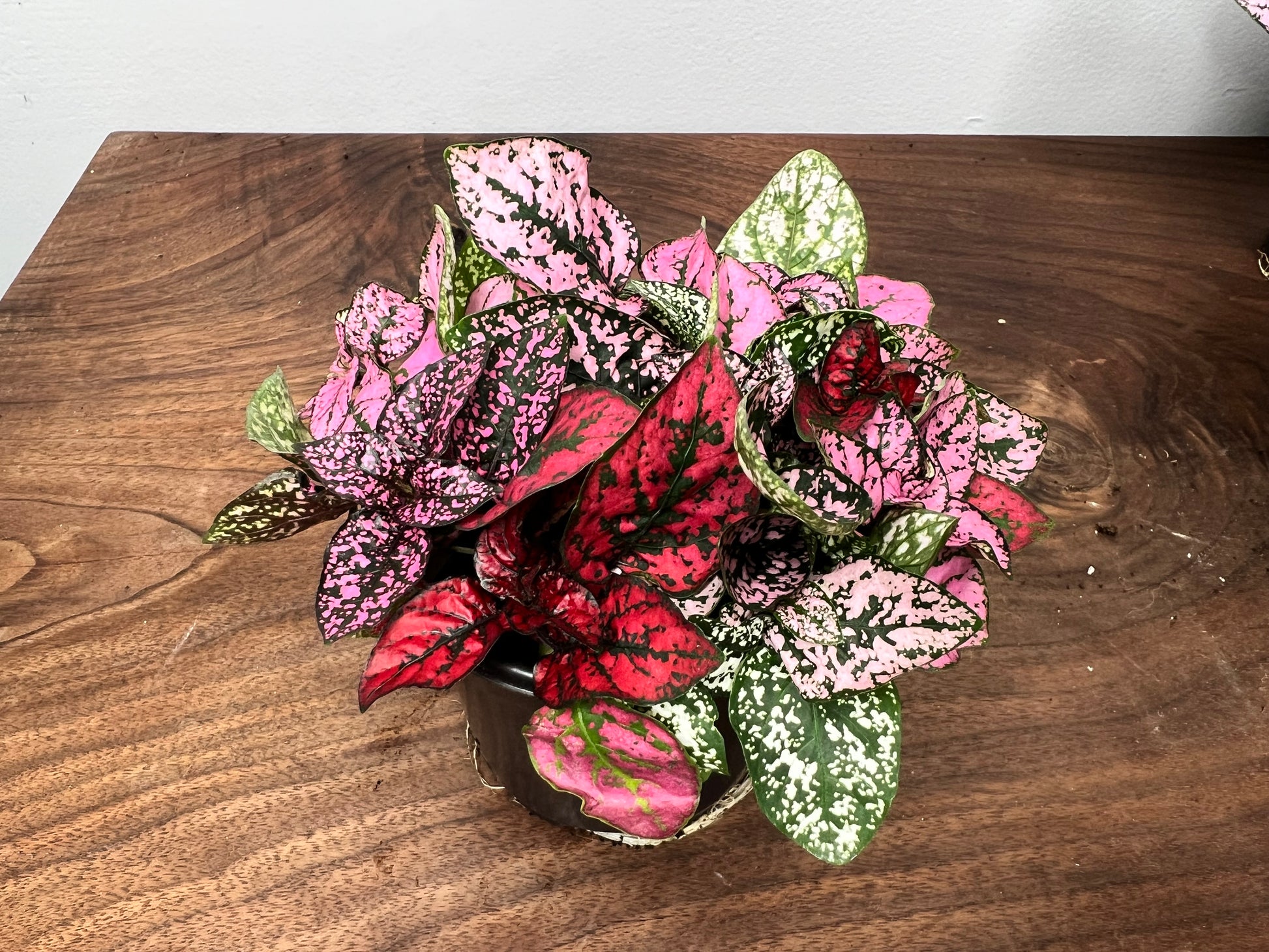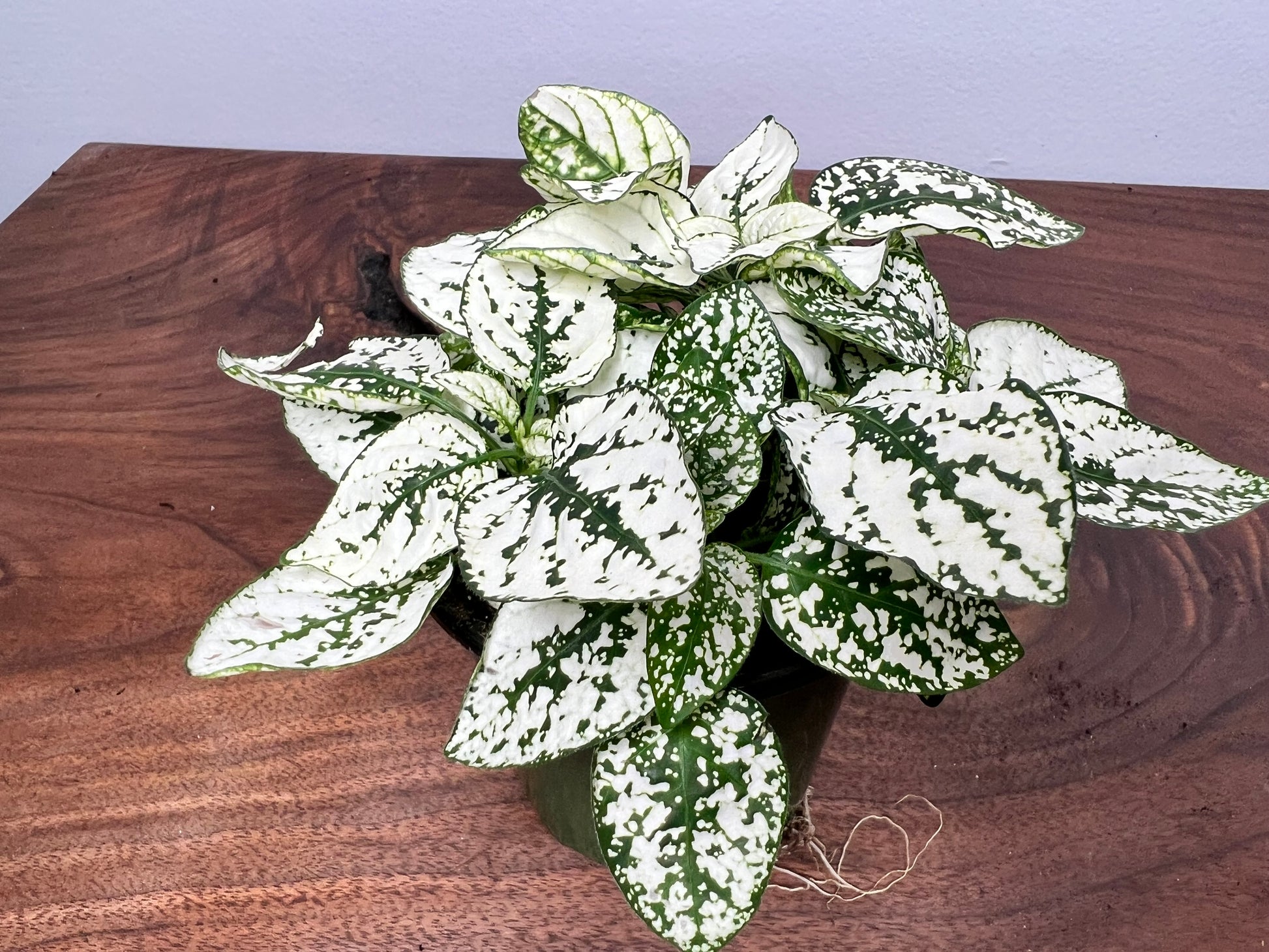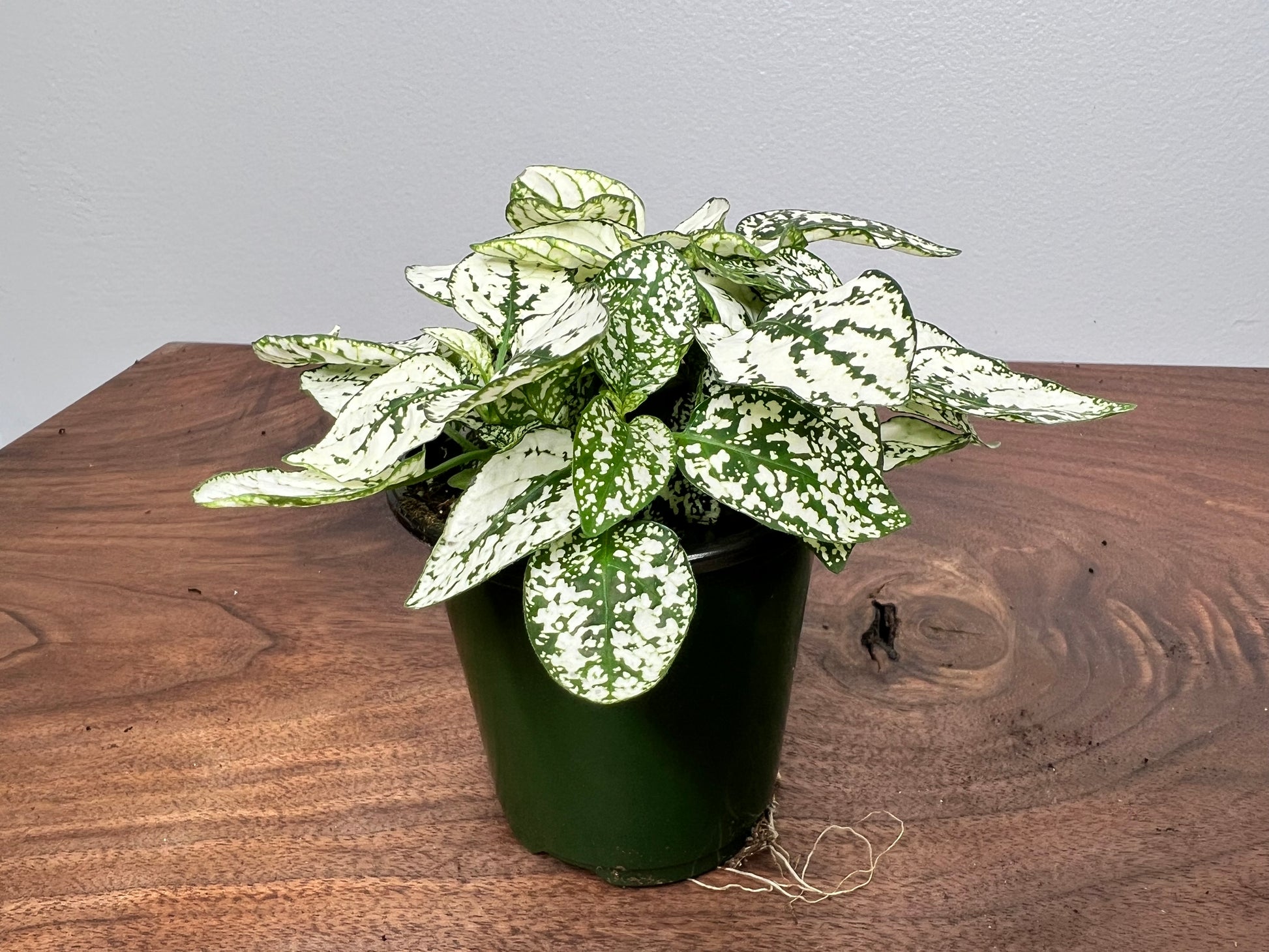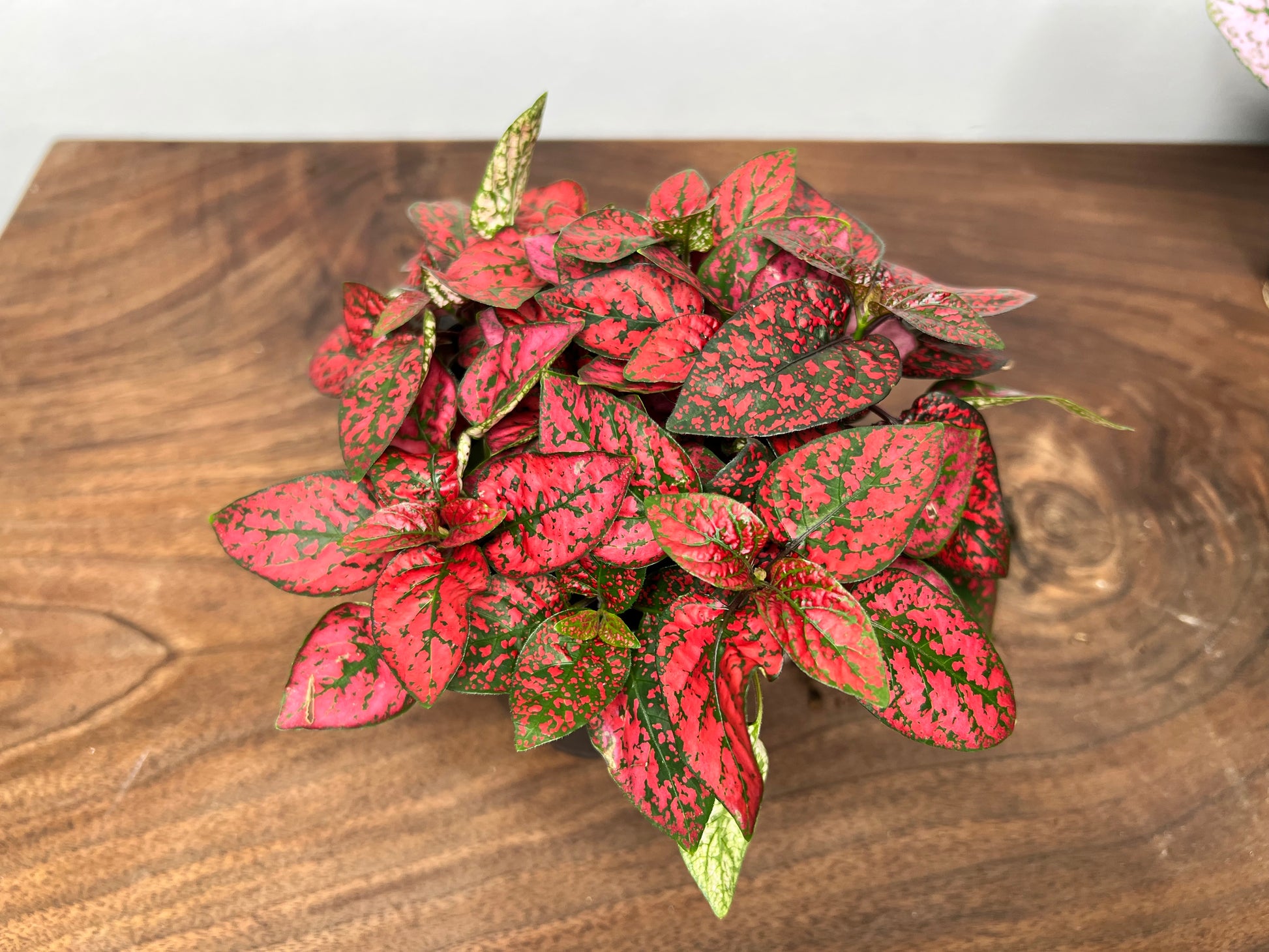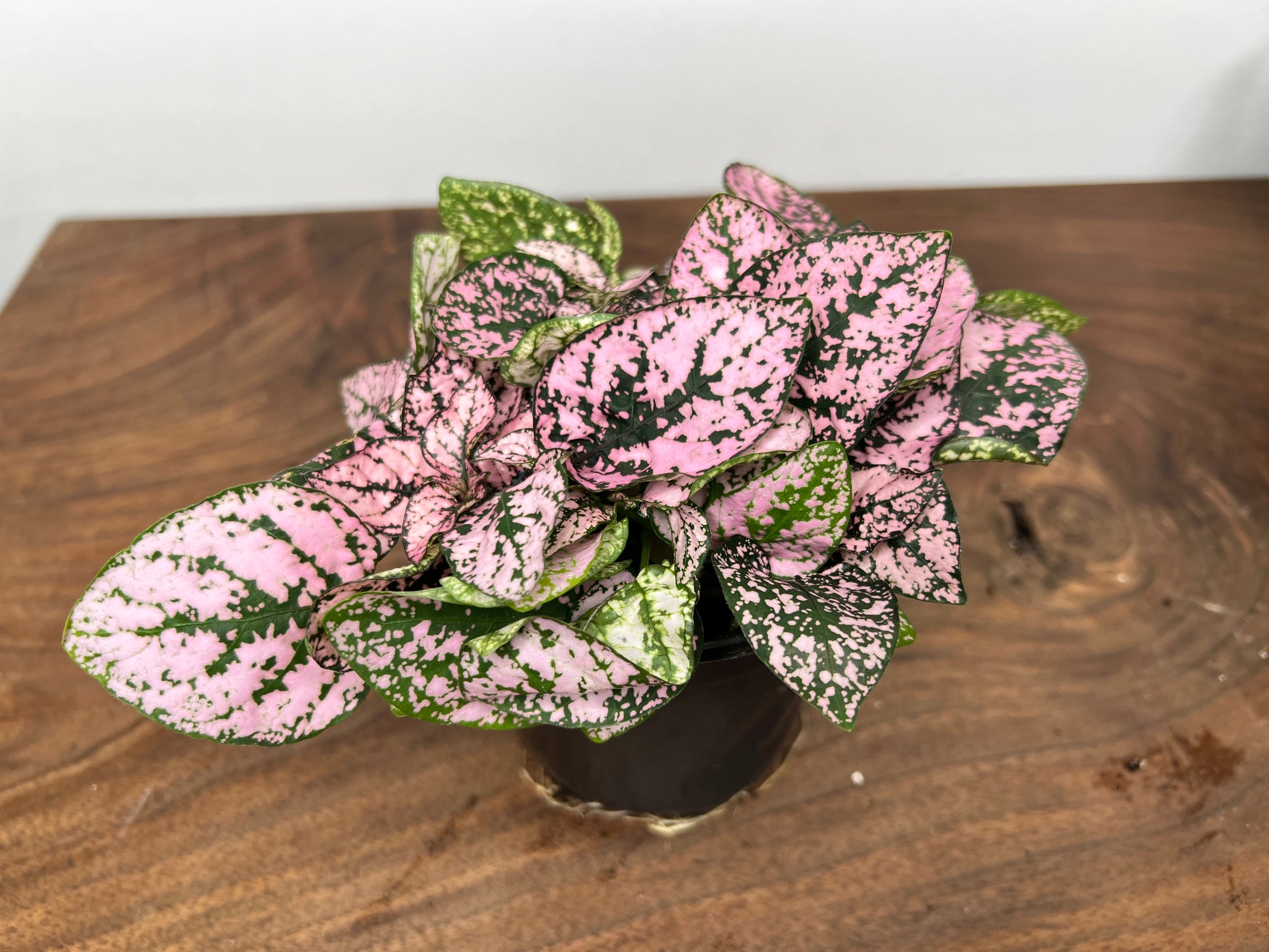The Rooted Plant Shop
Nerveplant-Gigantea (Multi color 4inch)
Nerveplant-Gigantea (Multi color 4inch)
Couldn't load pickup availability
Nerve plants (Fittonia albivenis) are tropical, humidity-loving growths known for their crispy, dark green leaves paired with spindly veins and nodes of different hues. Other common names include painted net leaf, fittonia, and mosaic plants. Members of the Acanthaceae plant family, they grow plentifully in the rainforests of Peru, Ecuador, and other South American countries.
While they provide ample ground cover in their natural habitat, nerve plants grow best as indoor plants in less humid and hot regions of the world due to their unique climate needs. Some gardeners choose to keep them in small terrariums miniature indoor gardens encased in glass—due to how much climate control and trapped humidity such a small, contained environment allows.
Nerve plants can be a bit temperamental, so you’ll need to care for these tropical plants well to help them survive and thrive. Here are seven key nerve plant care tips:
- 1. Cultivate a humid environment. Nerve plants require high humidity to thrive. If you don’t already live in an extremely humid area, you should consider bringing these plants indoors so you can keep them moist at room temperature. They risk wilting or outright dying otherwise. Use a humidifier or resort to misting your plants regularly as an alternative. Build a small terrarium to allow even more moisture to remain trapped near your plants.
- 2. Exterminate pests. Like many other plants, fittonia leaves are feeding grounds for aphids, gnats, and mealybugs. If you encounter these pests on your plants, use neem oil or another insecticide to eliminate the problem. Prevention is preferable—the healthier you keep your plants and the more you keep an eye on them, the less likely such an infestation will occur in the first place.
- 3. Feed the plants. You should fertilize your fittonia every week, especially if they’re new plants. A regular houseplant fertilizer might be useful in a pinch, but liquid fertilizers designed expressly for tropical plants will prove the most useful.
- 4. Give them the right light. Find a happy medium between constant direct sun and low light to mimic the jungly homelands of your nerve plants. Place them in a sun-facing window if you’re keeping them indoors to expose them to constant bright indirect light throughout the day. If they’re out in your garden, make sure they’re in a shady region that still gets a moderate amount of direct sunlight.
Share
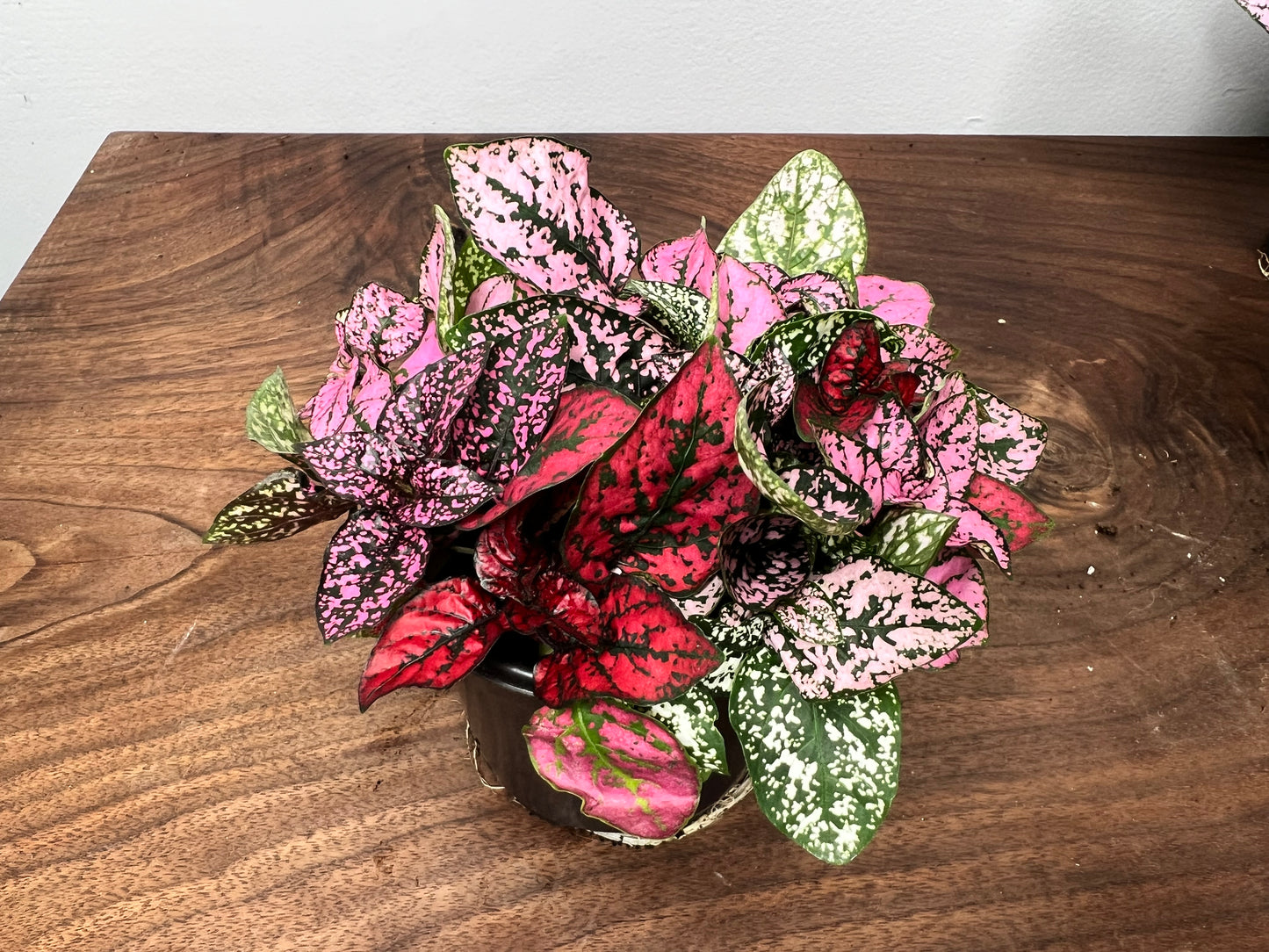
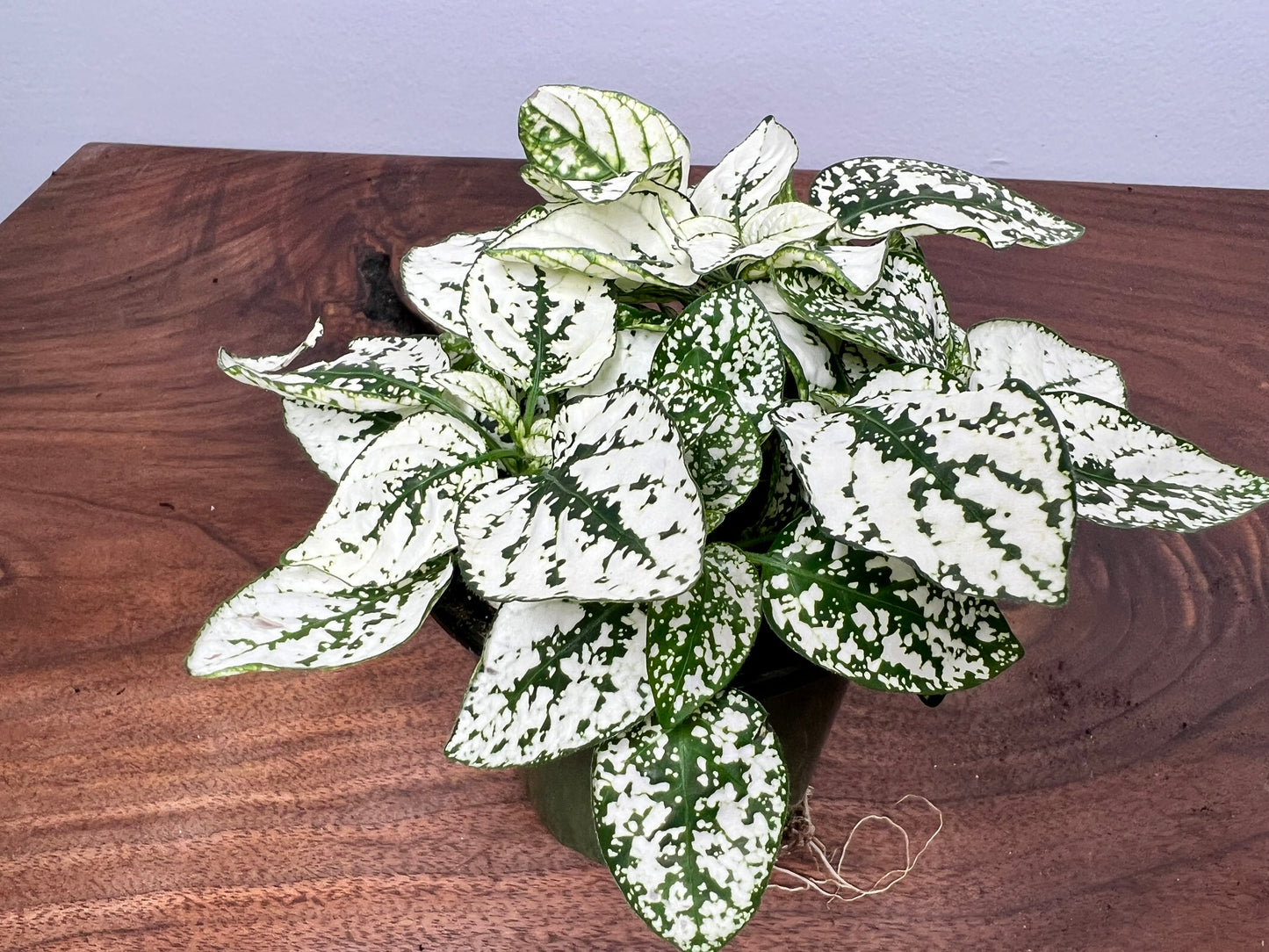
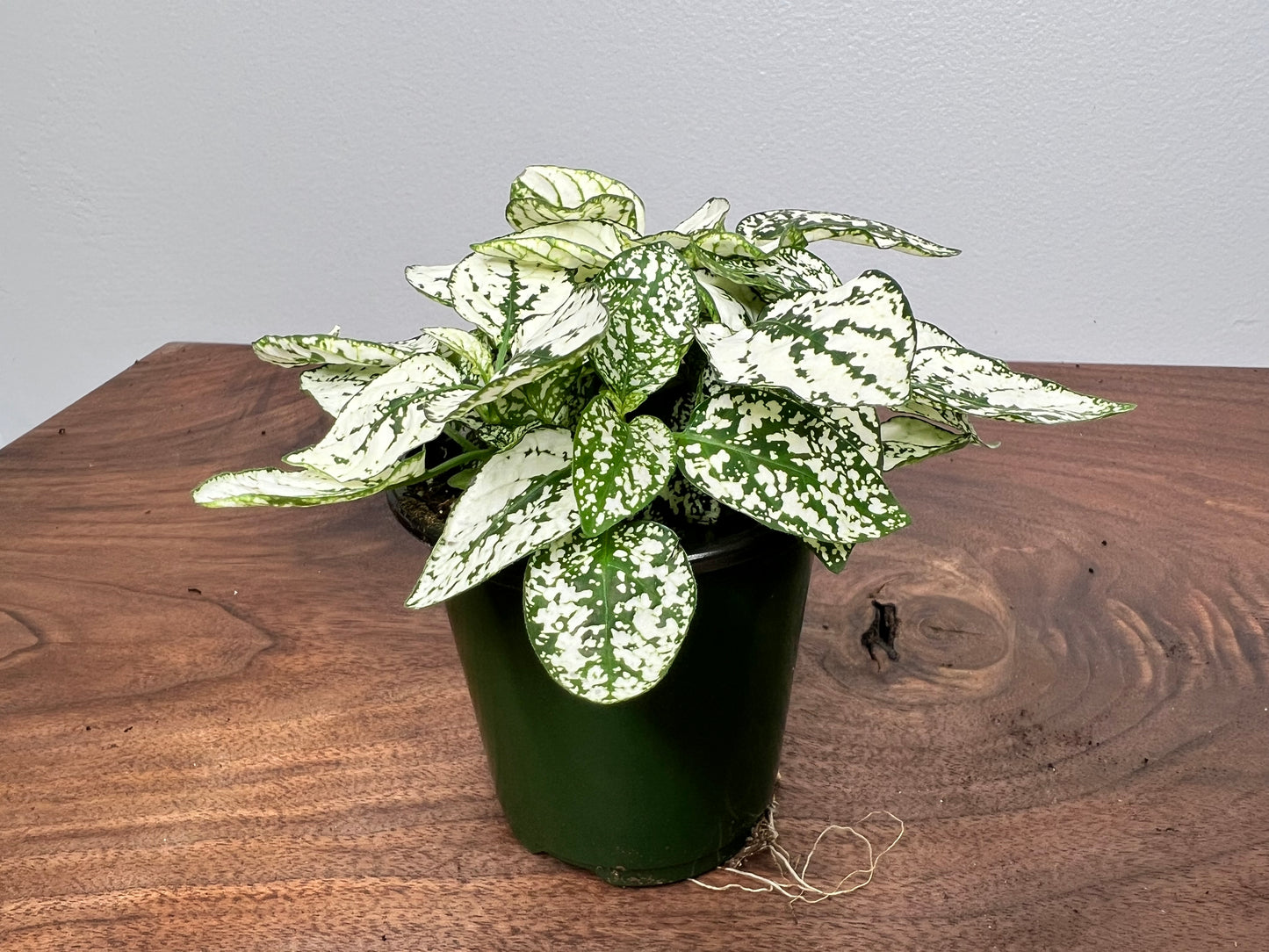
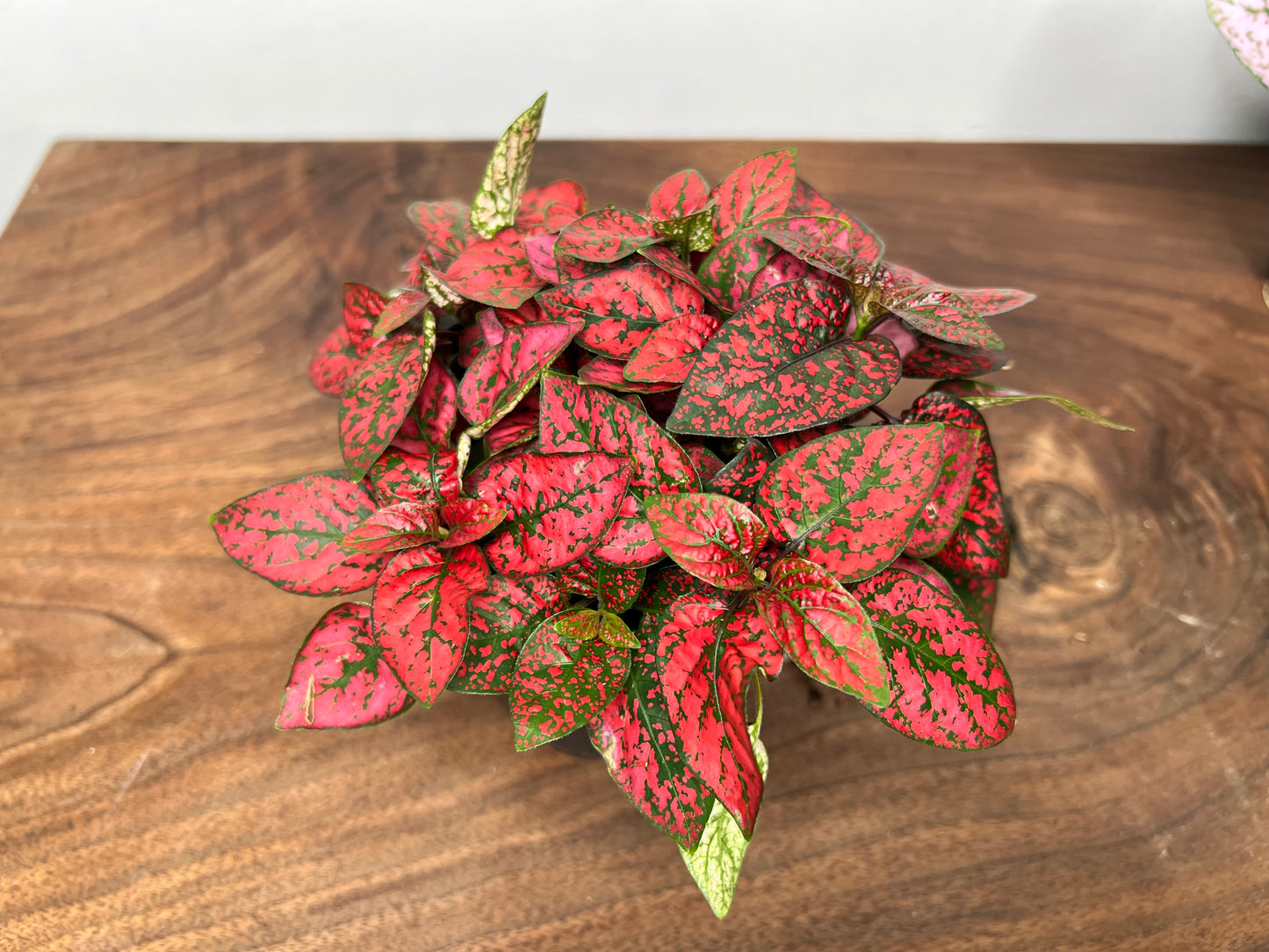
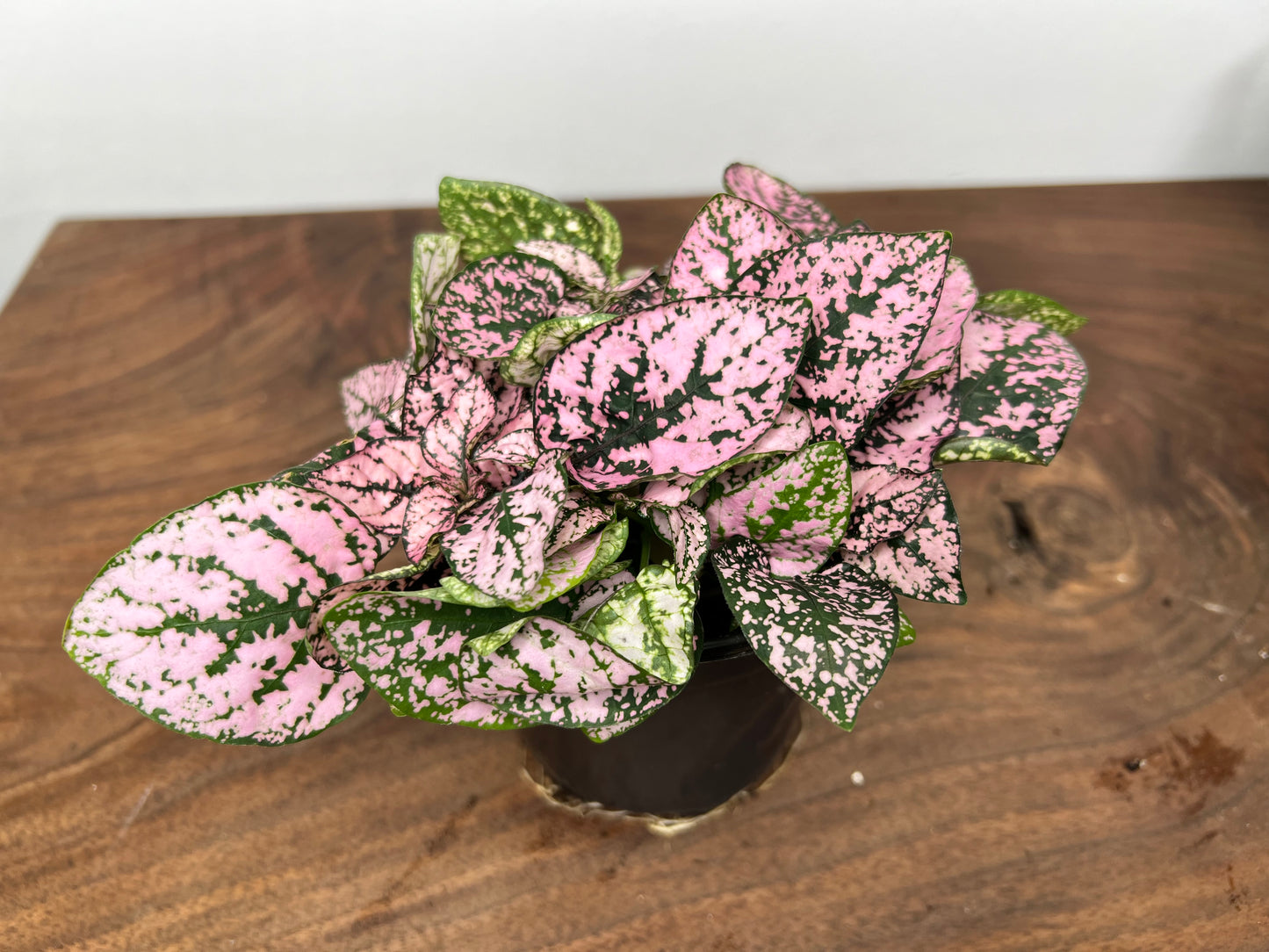
Let customers speak for us
from 514 reviewsAbsolutely stunning philodendron! Packed with care and heat protection! Arrived undamaged and very very alive! Their plants are so gorgeous and i highly recommend their plants and products!

Plants arrived in beautiful condition. Thank you

I just got my first order and I was so impressed. All of the plants showed up as healthy as can be and we're packaged so nicely. I already ordered a second round of plants, I can't wait until they get here.

I love my plants I ordered. They were well wrapped and still warm. The plants were beautiful. Great size and shaped. I’m so excited to buy from my new favorite instagram nursery. I love all your postings. Thank you so much and I will be back and spread the word.

This book was valuable information for a plant parent. I have been doing so many things wrong, that was why my plants were suffering. I am taking these tips and changing my plant care. The book was easy to understand and enjoyable to read. Thanks so much.

My plant came packaged very well and was healthy and beautiful 😍 !!!
❤️❤️❤️

I am enjoying my Begonia fern leaf u kept from not getting freeze during thank u very much u r the best

Shipped and package wonderfully. Betsy is adjusting beautifully

This guide provides the best in depth knowledge on how to keep plant pests at bay!! Not only how to prevent them but also how to get rid of them if they happen to show up from an outside source. Easy to read and understand. Most definitely a must have for a plant lovers collection!!

Healthy ..Strong ..made is safely packaged well. Thanks to The Rooted Plant shop for providing my home with beauty and peace from these loved and cared for Plants

Such a beautiful plant. Shipping packaging was great. It arrived in great condition.

I have had houseplants for many years, and have lost a few from pests. This ebook has good info on how to keep them at bay. I have been following The Rooted Plant Shop for about 6 months, and she is very helpful in answering questions any any plant issues you may have. Recently purchased my first plant from her, and am very happy with purchase.


